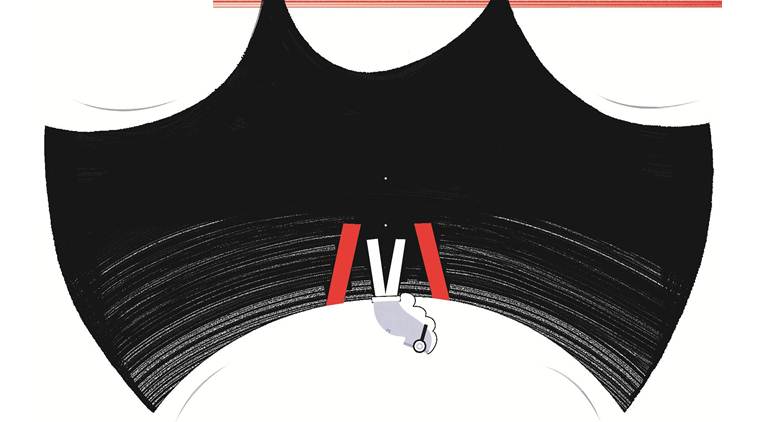All is still not well in court
Over a year after an unprecedented press conference by senior judges flagged the challenges, opacity and lack of accountability remain pressing concerns.

A little over a year ago, four judges of the Supreme Court of India called an unprecedented press conference to tell the world that everything was not right with the judicial system. Their announcement posed troubling questions relating to the independence of the judiciary, transparency and accountability in the institution and so on. Three of the judges have since retired, and the fourth, Justice Ranjan P Gogoi, has become the Chief Justice of India (CJI). Around the time he took over, in a much-publicised speech, he also spoke about his vision of justice. A lot has happened in the year gone by for the Indian judiciary. Certain developments are of particular concern to me, which I discuss here.
The first major issue is the idea of the CJI as the “master of the roster”. The previous CJI was criticised by many for the manner in which cases were allocated to judges under his watch, and for selectively choosing the benches that would hear cases of public importance. In democratic countries around the world, notably in the UK, Canada and Australia, the allocation of work and the selection of benches is a consultative process, and necessarily involves a culture of trust.
Alternatively, there are clear and defined rules in this regard, as, for example, in the European Court of Human Rights and the European Court of Justice. It is not acceptable for the chief justice to have unbridled power. Even in high courts in India, where a chief justice may have official roles such as presiding over administrative meetings, at no point is the chief justice considered or made to believe that he/she is superior to other judges in the court. The sanctity of this principle cannot be overstated: A former chief justice of the South Korean Supreme Court was recently arrested for having allegedly used his influence when he was in office on behalf of conservative governments to delay trials in war-related compensation cases. Unfortunately, in India, the trend of the CJI assuming the role of master of the roster, with unbridled and unrestricted power, continues even under the present CJI, which may have disturbing implications for the dispensation of justice in our country. Urgent reforms in this regard are necessary.
The second issue is of how appointments to and transfers within the higher judiciary continue to be made. Every time a new cohort of judges is announced for selection, a new set of problems emerges. It is almost as though the Supreme Court Collegium is showing us the many paths to opacity that can exist in the appointments process. Two incidents over the past month have been particularly distressing.
One relates to a recent proposal to transfer a sitting judge of the Delhi High Court, whose decisions have been attacked by those within or close to the present Union government. While the transfer was not finally approved, it bodes ill for a judiciary that prides itself in being independent of influence and the other arms of the state.
Another case is the inexplicable reversal of a decision of the collegium to elevate two high court chief justices, both well-regarded as fine judges, to the Supreme Court. A “leak”, purportedly from an “official source”, in a leading news publication suggested that this reversal was apparently because certain “adverse material” against these judges had emerged. Ideally, any such material should have been put to these judges in a formal setting, and they ought to have been allowed to defend themselves. Instead, these two judges, along with two others — all high up in the seniority list of high court judges — were bypassed, and relatively junior judges were pushed up the ladder. Unfortunately, such leaks and last-minute reversals can damage the morale of members of the judiciary.










.png)




























No hay comentarios:
Publicar un comentario